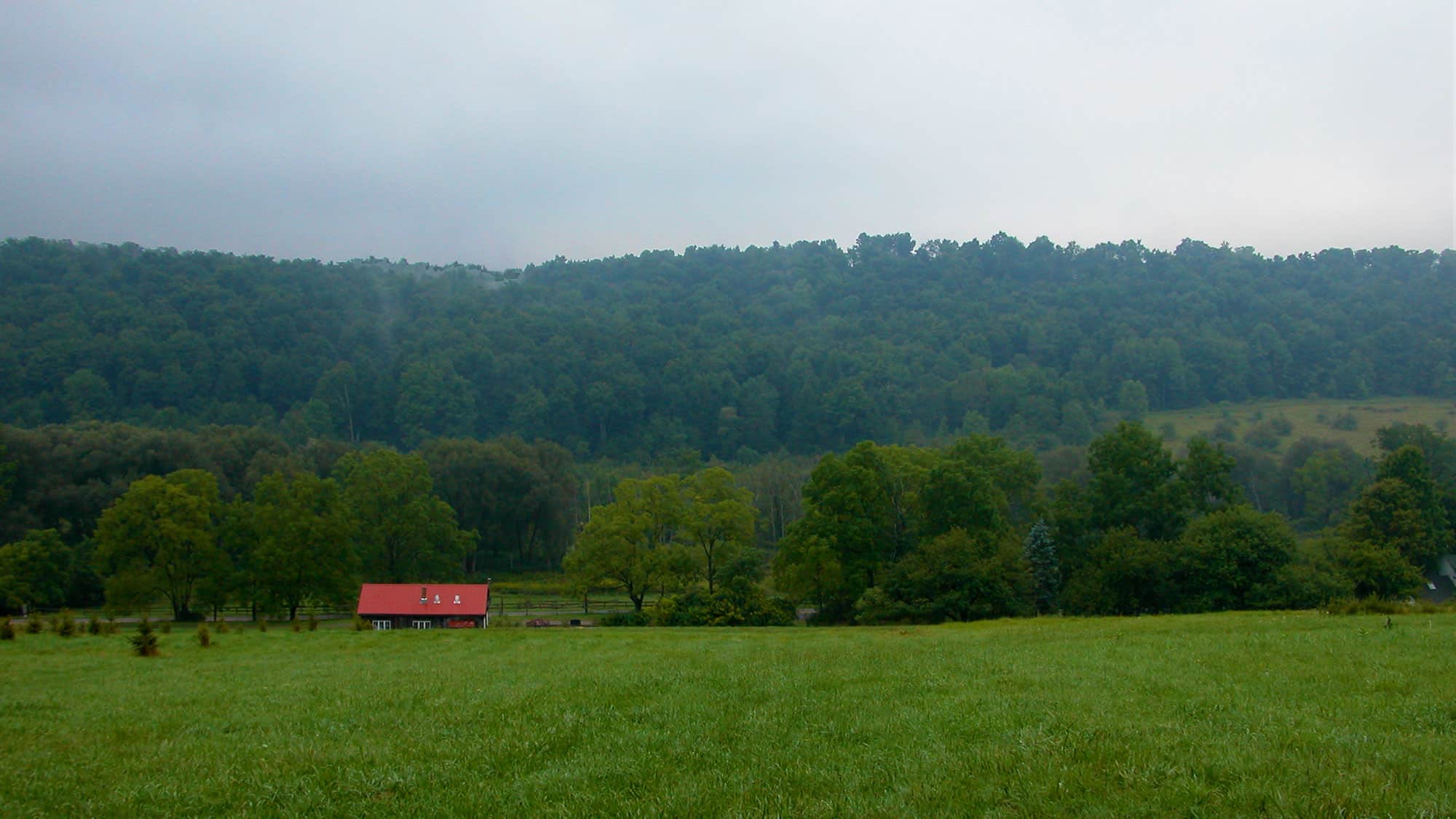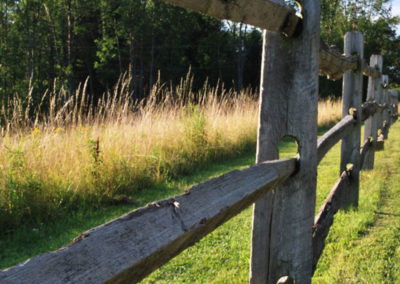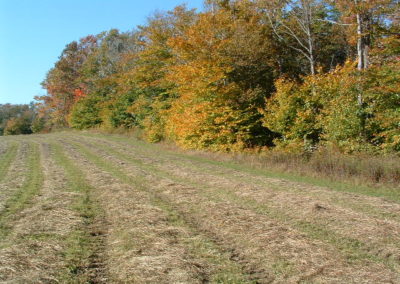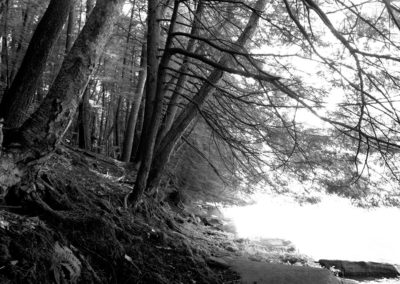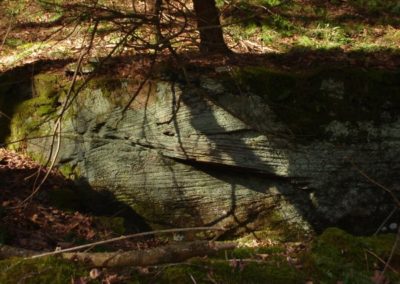Protecting Your Lands
Conservation Options for Private Landowners
Land Donation:
A landowner may donate the title to conservation-worthy land to Countryside Conservancy. Donating land releases the landowner from the day-to-day responsibility of managing the land. The Conservancy will work with the landowner to ensure that the Conservancy has the resources to own and manage the land as the landowner envisions.
A landowner may donate the title to conservation-worthy land to Countryside Conservancy. Donating land releases the landowner from the day-to-day responsibility of managing the land. The Conservancy will work with the landowner to ensure that the Conservancy has the resources to own and manage the land as the landowner envisions.
The Conservancy will consider acquiring lands only if the owner wishes to sell and if ownership seems to be the best way to provide significant public benefit. To date, most of the properties we have acquired lie next to Lackawanna State Park, and we manage them as public-access areas that serve as virtual extensions to State Park lands.
Donations of land may be made during the landowner’s lifetime or by bequest. Landowners who donate land to a conservancy typically quality for a Federal income tax deduction, and also avoid paying the capital gains tax that usually results from a land sale.
Remainder Interest:
Landowners may donate a remainder interest in land while reserving a life estate for themselves. This allows the landowners to continue living on the land and using it during their lifetime; ownership passes to the Conservancy upon their demise. Giving a remainder interest in land may qualify a landowner for a Federal income tax deduction.
Landowners may donate a remainder interest in land while reserving a life estate for themselves. This allows the landowners to continue living on the land and using it during their lifetime; ownership passes to the Conservancy upon their demise. Giving a remainder interest in land may qualify a landowner for a Federal income tax deduction.
Bargain Sale:
Landowners may sell conservation-worthy land to the Conservancy for less than its market value in a “bargain sale.” This option generates some income for the landowner and may also qualify the landowner for a Federal income tax deduction for the donated value (the difference between market value and sale price).
Landowners may sell conservation-worthy land to the Conservancy for less than its market value in a “bargain sale.” This option generates some income for the landowner and may also qualify the landowner for a Federal income tax deduction for the donated value (the difference between market value and sale price).

RESOURCES
GET INVOLVED
CONNECT
